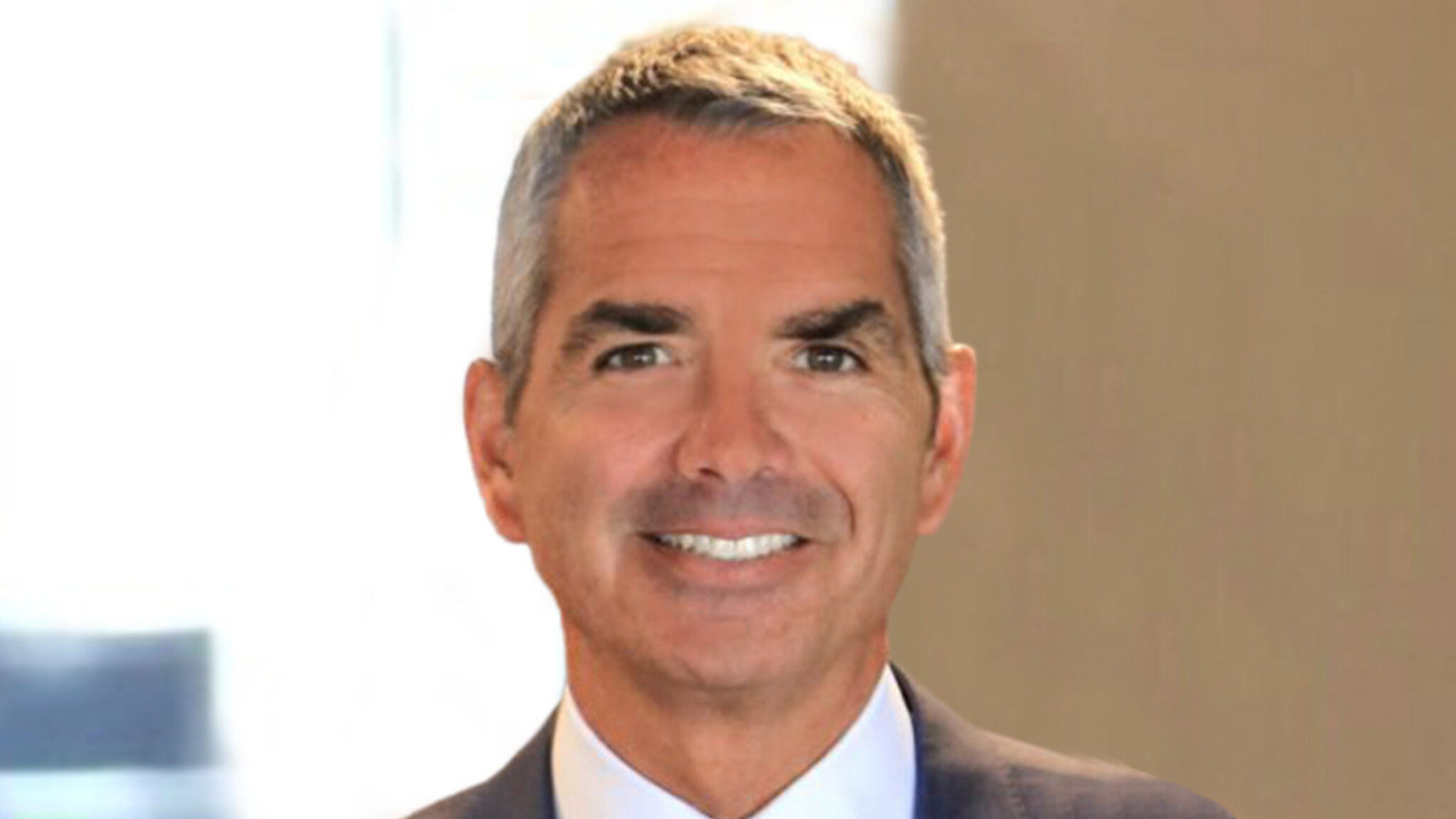
As an Amgen's PhIII cardio plan takes shape, Royalty Pharma snags a stake in future sales
A few days after Amgen charted a Phase III map for an up-and-coming cardio drug, the biotech behind its development has decided to cash out.
Arrowhead Pharmaceuticals announced Wednesday morning that it has sold its royalty stake in olpasiran, a siRNA drug developed in-house, to Royalty Pharma for $250 million in upfront cash, plus another $160 million in milestones. The sale represents all of Arrowhead’s royalties in the program, though the biotech kept the rights to possible downstream milestones from Amgen, worth up to another $400 million.
Unlock this article instantly by becoming a free subscriber.
You’ll get access to free articles each month, plus you can customize what newsletters get delivered to your inbox each week, including breaking news.